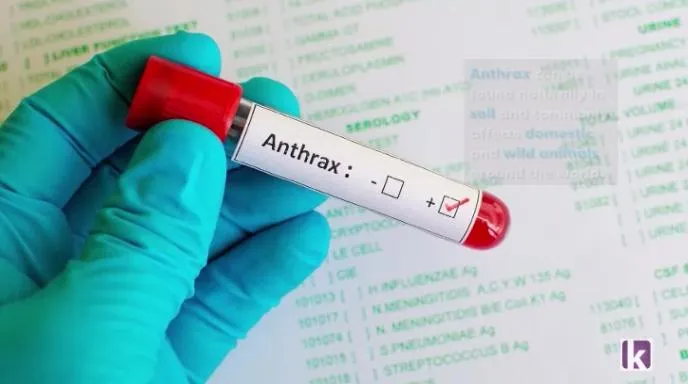On July 24 2023, the Federal Government officially announced the country’s first confirmed case of anthrax.
According to a statement from the Ministry of Agriculture and Rural Development, Dr. Columba Vakuru, the Chief Veterinary Officer of Nigeria, confirmed that animals displaying symptoms suggestive of anthrax were reported on a farm in Suleja, Niger State, to the Office of the Chief Veterinary Officer on July 14.
The affected farm, located at Gajiri along the Abuja-Kaduna Expressway in Suleja Local Government Area of Niger State, is a multi-species animal farm housing cattle, sheep, and goats. Some of these animals exhibited distressing symptoms, including bleeding from various body openings such as the anus, nose, eyes, and ears.
In response to the situation, a rapid response team consisting of federal and state health professionals promptly visited the farm to conduct initial investigations and collected samples from the ailing animals.
The ministry said subsequent laboratory tests by the National Veterinary Research Institute’s laboratory confirmed the diagnosis, “marking the first recorded case of anthrax in Nigeria in recent years”.
In response to learning of an anthrax outbreak in Northern Ghana where all infected animals had perished, the federal government had issued a warning to Nigerians weeks earlier.
“Anthrax is caused by the spore-forming bacterium Bacillus, which mostly affects livestock like cattle, sheep, and goats. However, it can also infect people who come into contact with infected people or contaminated animal products like meat, wool, or skins.
“Anthrax that spreads via the skin might result through open wounds or contact with contaminated objects, while anthrax that spreads through the air can happen when spores are inhaled,” it stated.
The ministry said the federal government appealed to Nigerians to immediately report cases of animals bleeding from body openings to veterinary authorities or agriculture extension workers.
“The blood of an anthrax-infected animal does not clot. Do not process or move the dead or sick animal, quickly report to your veterinary doctor or veterinary authorities at the ministry of agriculture in your state,” the statement added.

